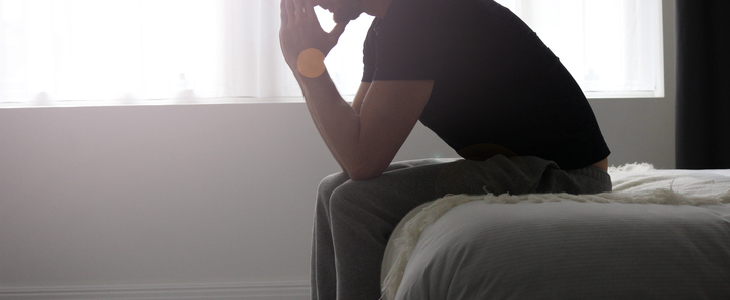Being accused of violating a protective order can have serious consequences. In Texas, a protective order, commonly known as a restraining order, is designed to prevent domestic violence by restricting contact between individuals involved in domestic disputes. Violating these orders can lead to severe penalties, including jail time and substantial fines, making it crucial to seek immediate legal representation.
Attorney Jose Ceja is a Board-Certified Criminal Specialist recognized by the Texas Board of Legal Specialization and has been named a Texas Super Lawyer. With extensive experience as both a former prosecutor and a criminal defense attorney, Jose Ceja has successfully defended numerous individuals charged with domestic violence offenses, including violations of protective orders. His in-depth understanding of Texas criminal law ensures aggressive and strategic representation tailored to your case.
What Is a Protective Order in Texas?
A protective order, also known as a restraining order, is issued by a court to prevent ongoing or future acts of family violence, harassment, stalking, or threats. These orders typically restrict contact between individuals, require one party to maintain a certain distance from another, and can prohibit firearm possession. Violating a protective order carries severe legal consequences in Texas, underscoring the importance of strict compliance.
In the Houston area, protective orders are frequently issued alongside domestic violence cases, including assault-family violence, terroristic threat cases and other violent crimes involving family violence.
Types of Protective Orders in Texas:
1. Emergency Protective Order (EPO)
Issued after a domestic violence-related arrest, often at the request of law enforcement or a victim. Typically lasts between 31 and 91 days. Violating this order subjects the defendant to charges under Texas Penal Code §25.07.
2. Temporary Ex Parte Protective Order
Issued without the alleged offender present, intended to provide immediate protection from family violence, typically valid up to 20 days, extendable by the court.
3. Permanent Protective Order
Issued following a court hearing, generally valid for up to two years, but can be extended in certain cases. It requires the respondent to maintain distance from the protected person, avoid certain locations, and potentially prohibits firearm possession.
Understanding Protective Order Violations
Under Texas Penal Code §25.07, violation of a protective order occurs when an individual knowingly or intentionally:
- Commits an act of family violence or stalking.
- Communicates in a threatening or harassing manner to a protected person.
- Goes near the home, workplace, or any frequently visited locations of a protected individual.
- Approaches any child protected by the order at their residence, childcare facility, or school.
- Possesses a firearm when explicitly prohibited by the protective order.
Penalties for Violating a Protective Order
In Texas, a violation of a protective order is typically charged as a Class A misdemeanor, punishable by:
- Up to one year in county jail.
- Fines of up to $4,000.
However, certain violations may result in felony charges under Texas Penal Code § 25.07(g):
- If the defendant has two or more prior convictions for violating a protective order, the charge is enhanced to a third-degree felony, punishable by 2 to 10 years in prison and a $10,000 fine.
- If the violation involves committing an act of assault or stalking, the charge is also enhanced to a third-degree felony.
- If the violation involves an order issued under Chapter 7B of the Texas Code of Criminal Procedure (which covers protective orders for victims of sexual assault, indecent assault, stalking, or trafficking), the charge may be prosecuted as a state jail felony, punishable by 180 days to 2 years in a state jail and a $10,000 fine.
Being Held Without Bond for a Violation of a Protective Order
Under the Texas Constitution Article I §11c, an individual accused of violating a protective order related to family violence may be held without bail pending trial if a judge or magistrate determines by a preponderance of evidence that:
- The individual violated a condition of bond set in a family violence case, specifically related to the safety of the victim or community.
- The violation poses a continuing threat of violence or harm.
This constitutional provision emphasizes the seriousness with which Texas treats violations of protective orders, reflecting the importance placed on victim and community safety.
How Can Jose Ceja Law Firm Help?
Facing charges for violation of a protective order in Houston demands immediate and effective legal action. Ceja Law Firm can thoroughly evaluate the circumstances of your case, challenge any questionable allegations, and pursue dismissal or reduced charges where possible. Your freedom and reputation deserve dedicated legal advocacy—trust Jose Ceja to vigorously defend your rights. Mr. Ceja is our managing attorney and is Board Certified in Criminal Defense by the Texas Board of Legal Specialization.
If you or someone you know is accused of violating a protective order, don’t hesitate—contact Jose Ceja today for a confidential consultation.










